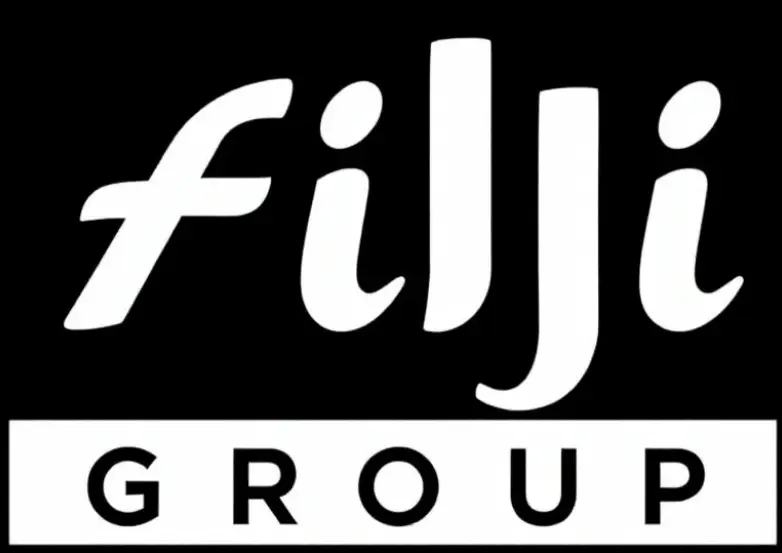Digital Marketing in B2B with AI
AI-driven of B2B digital marketing enables better customer segmentation, more effective campaigns, and higher conversion rates with reduced time investment. Key tools include AI-driven CRM, chatbots, dynamic ad optimization, and predictive data analytics. Integrating these technologies into a marketing strategy ensures greater precision, effectiveness, and ROI.
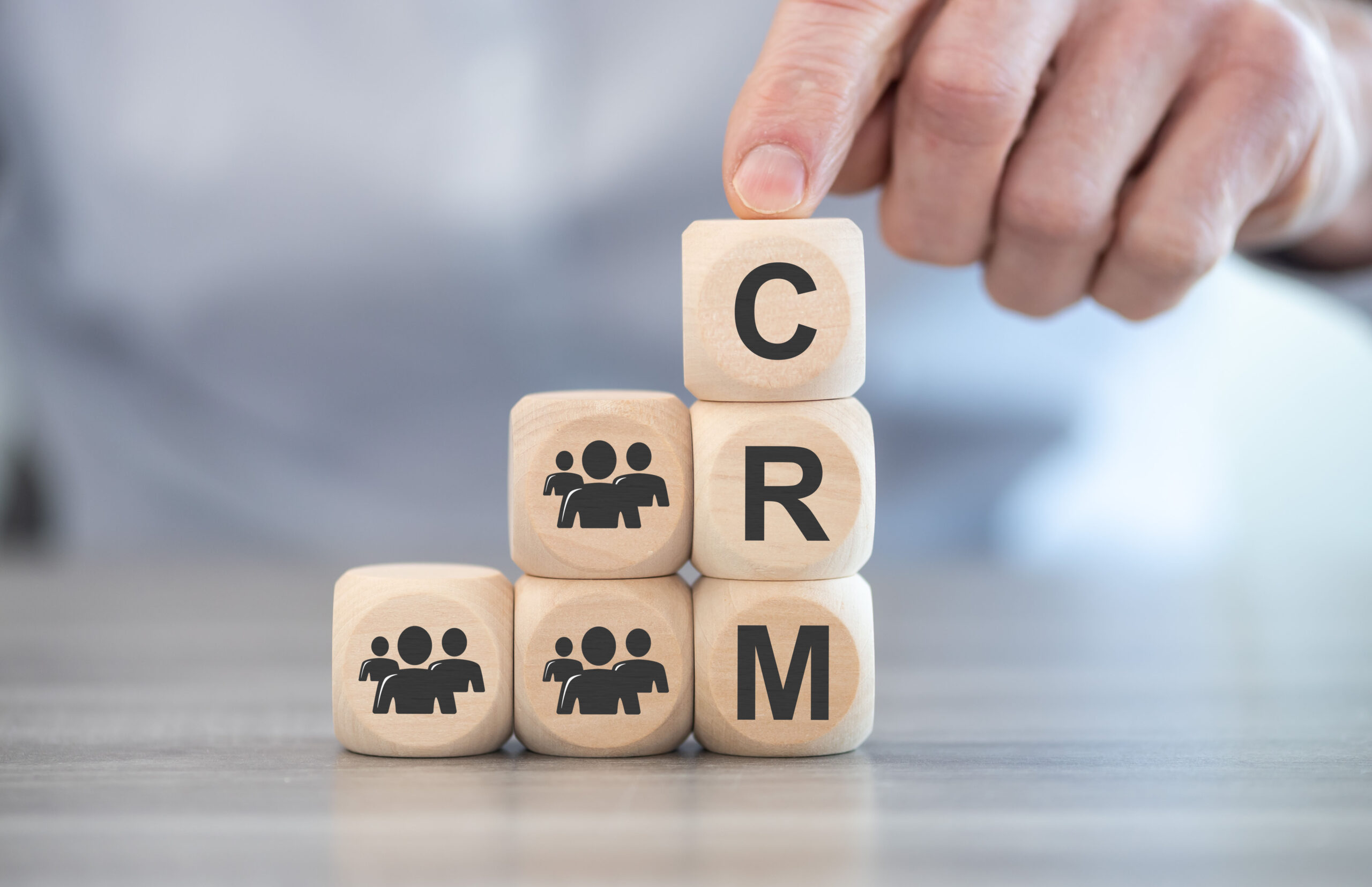
1. AI-Driven Customer Analysis and Segmentation
- Utilizing AI to analyze historical data and segment customers by industry, purchasing behavior, and interests.
- Leveraging predictive models to identify potential customers with the highest likelihood of conversion.
- Creating buyer personas based on data analysis from CRM, Google Analytics, and advertising platforms.

2.Lead Generation
- AI-powered personalized landing pages optimized for different customer segments.
- AI chatbots and assistants for lead nurturing on websites and business messengers (e.g., LinkedIn).
- AI-driven dynamic forms that adapt questions in real time based on user responses.

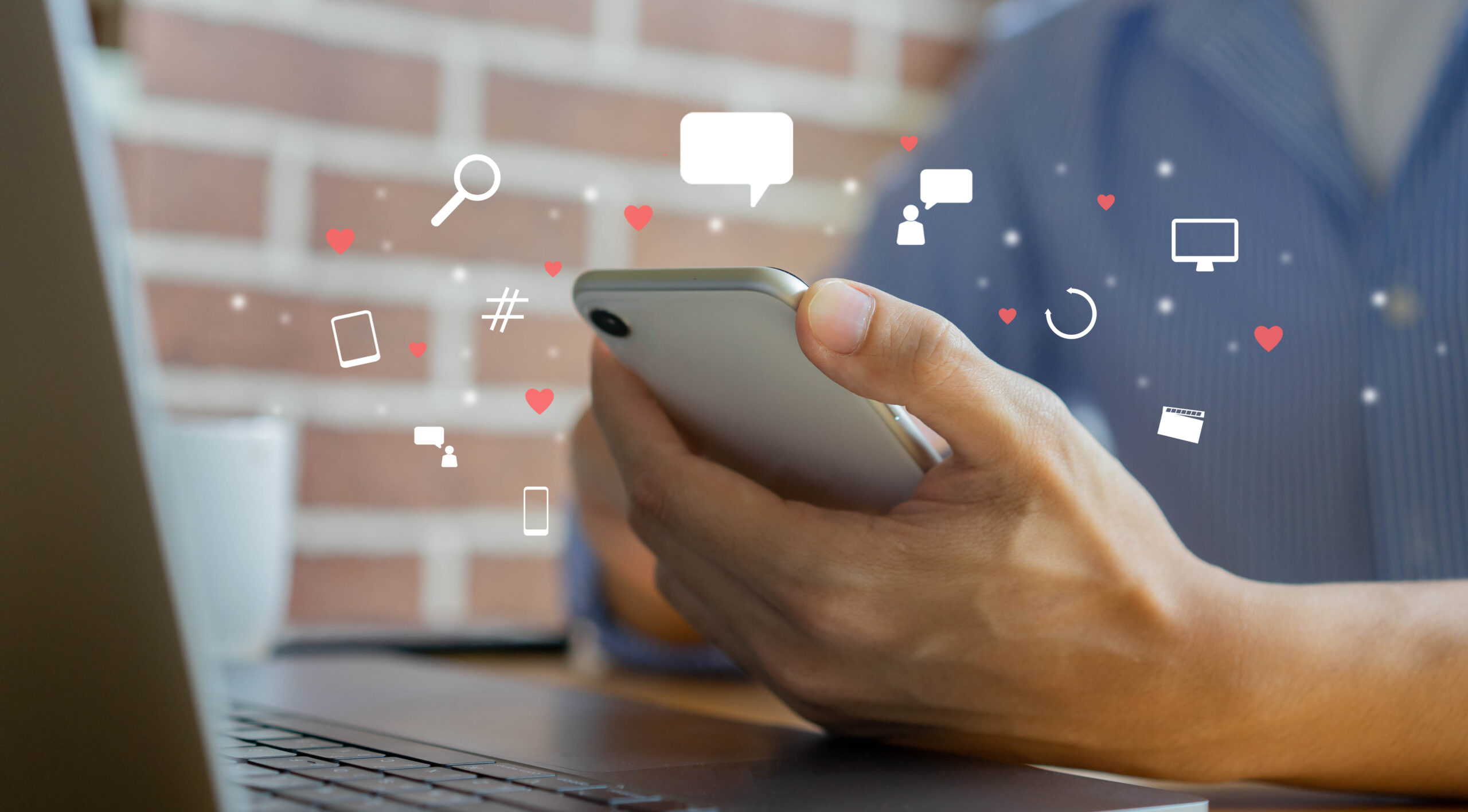
3.Content Creation and Personalization
- AI-generated blog posts, social media content, and expert articles based on industry trend analysis.
- Dynamic personalization of emails and newsletters using AI copywriting tools (e.g., Jasper, ChatGPT).
- Content marketing with generative AI to create infographics, industry reports, and case studies.
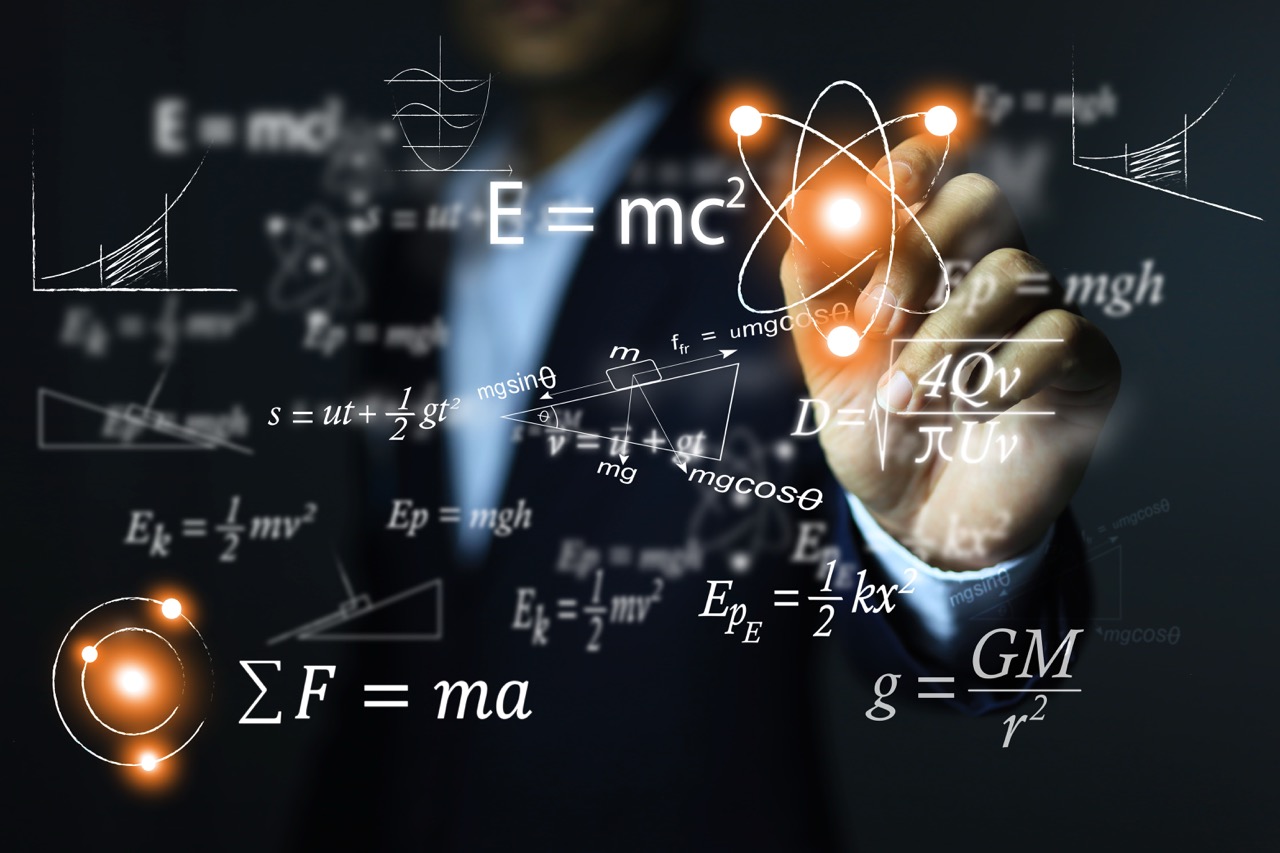
4. AI-Powered Advertising Campaigns
- AI-automated Google Ads and Social Media Ads for real-time budget optimization and targeting.
- Programmatic Advertising – AI adjusts ad displays to the most engaged users.
- AI-powered geolocation-based retargeting and customer behavior-driven retail media ads in mobile applications.

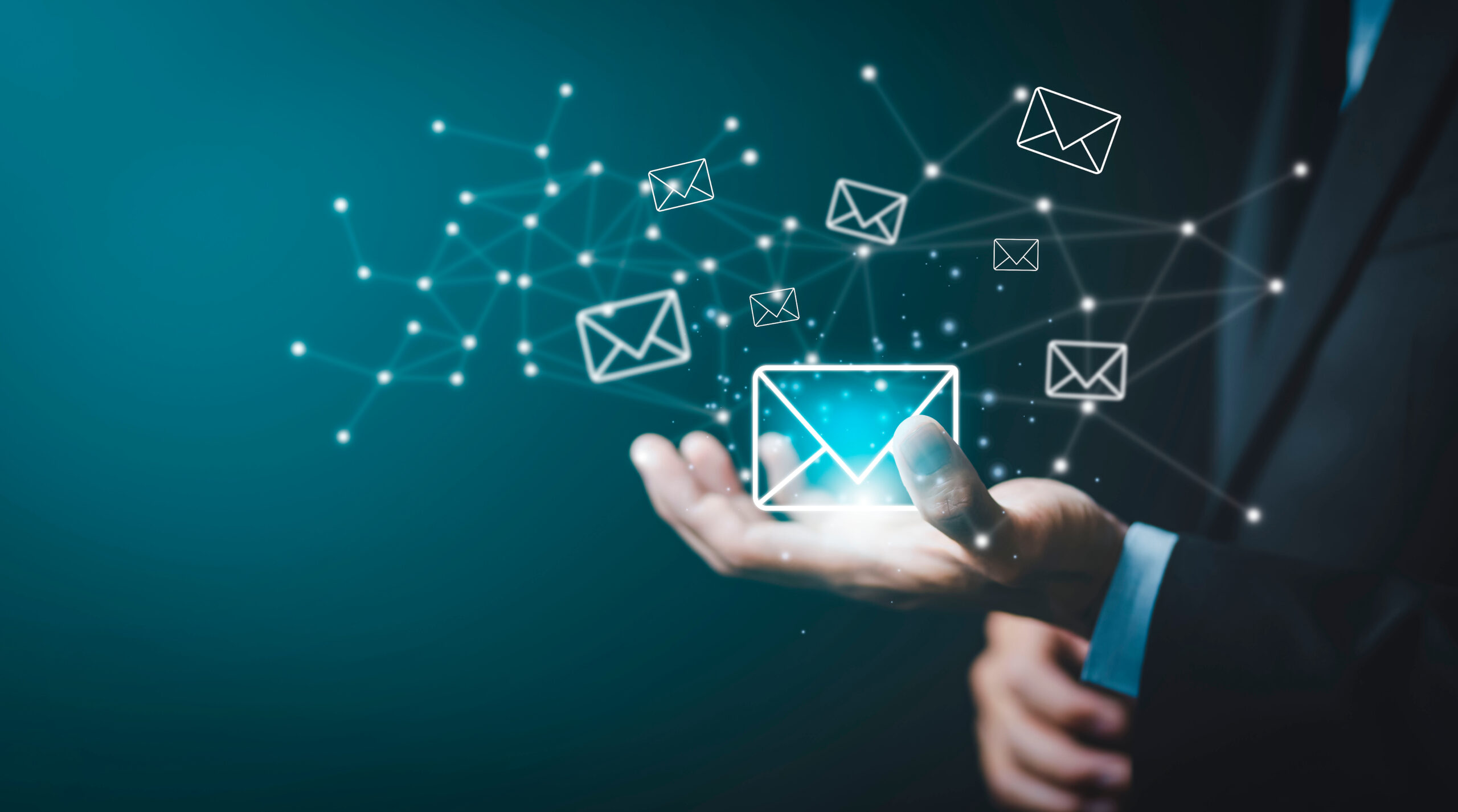
5. Email Marketing
- AI for segmenting email lists and dynamically adjusting email content based on user engagement.
- Hyper-personalized campaigns – AI analyzes open rates, clicks, and conversions to send content at optimal times.
- follow-ups tailored to lead engagement levels.

6. Intelligent CRM Systems and Chatbots
- AI-powered CRM (e.g., HubSpot, Salesforce Einstein) for tracking customer interactions and sales processes.
- AI chatbots on company websites and social media to qualify leads and provide automated responses.
- AI assistants for appointment scheduling and synchronizing with sales representatives’ calendars.

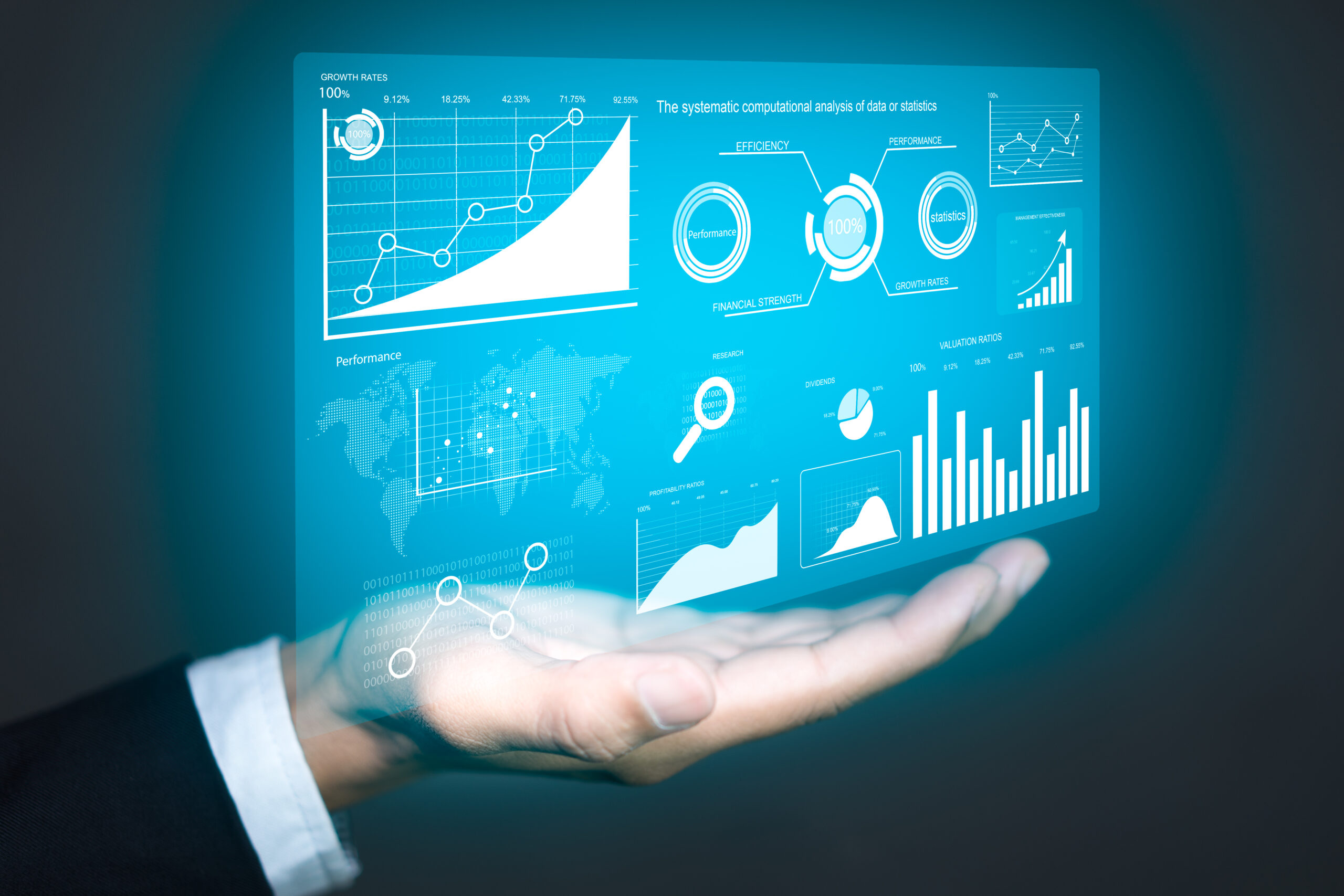
7. AI-Powered Monitoring and Optimization
- AI-powered analytical dashboards for real-time KPI tracking.
- A/B testing and content optimization based on predictive analysis.
- AI algorithms identifying weak points in campaigns and suggesting improvements.
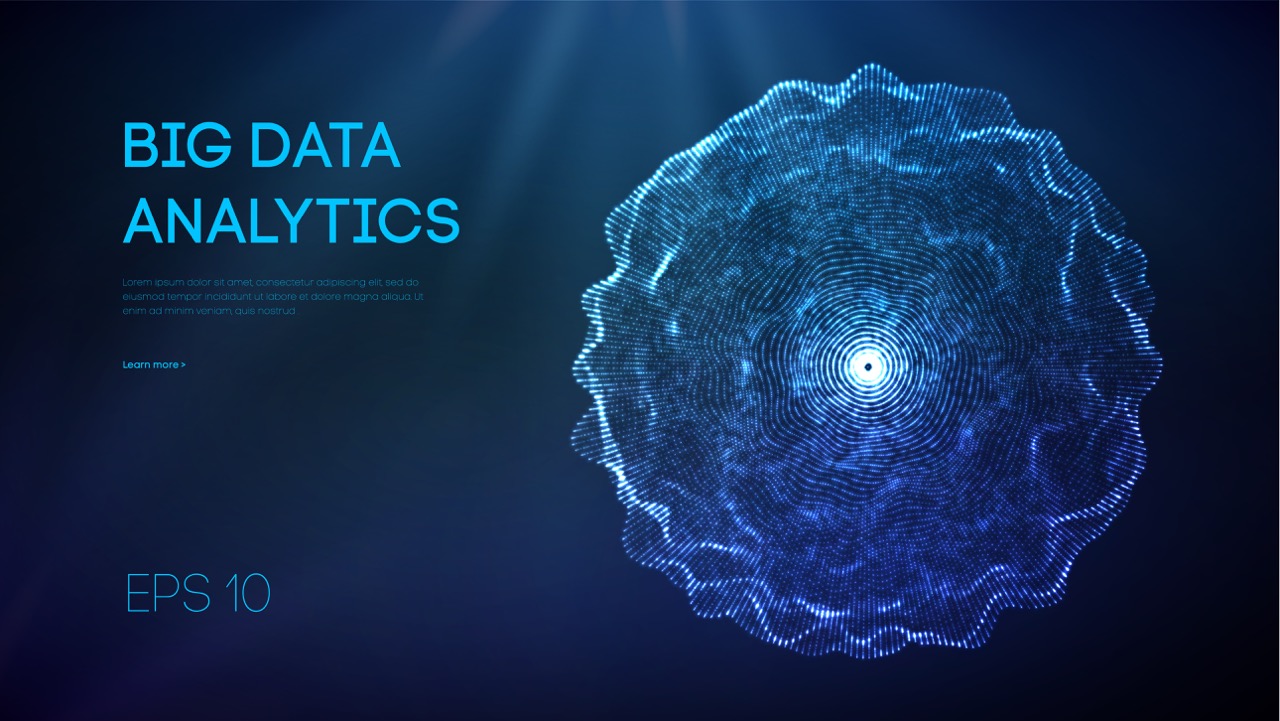
8. AI Integration with IoT and Big Data
- AI-driven geotargeting and IoT sensors for analyzing offline user interactions.
- Big data utilization for even more precise targeting and competitor analysis.
- AI-enhanced personalization of interactions at B2B events, e.g., facial recognition technology at trade shows and conferences.

